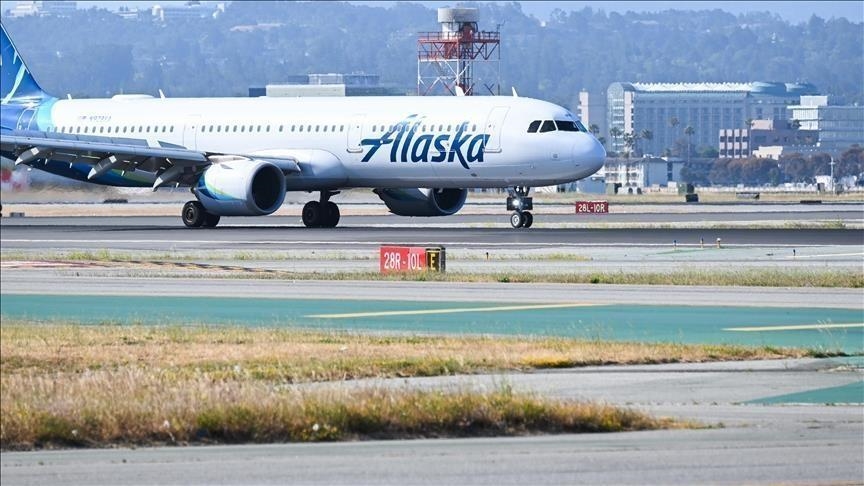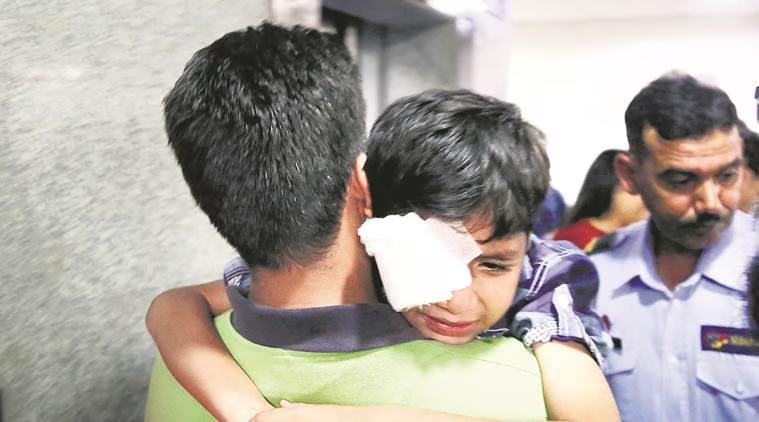Now Reading: Coimbatore Hospital Under Scrutiny After Elderly Patient Denied Wheelchair
-
01
Coimbatore Hospital Under Scrutiny After Elderly Patient Denied Wheelchair
Coimbatore Hospital Under Scrutiny After Elderly Patient Denied Wheelchair

A recent incident at Coimbatore Medical College Hospital (CMCH) has raised serious concerns about patient care and hospital management. An elderly diabetic patient was reportedly denied a wheelchair, compelling his son to carry him down three floors to an autorickshaw. The incident, captured on video, quickly went viral, prompting public outrage and official action.
Incident Details
On the day of the incident, 84-year-old Vadivel visited CMCH for a follow-up consultation. After the appointment, his son, Kalidas, requested a wheelchair to assist in transporting his father. According to Kalidas, a staff member demanded a bribe of ₹100 for the wheelchair and then delayed assistance, forcing him to carry his father down the hospital’s third floor to the ground level. The incident was recorded by a bystander and shared widely on social media platforms.
Hospital’s Response
In response to the incident, CMCH’s administration initiated an internal inquiry. Two contract supervisors, Esther Rani and Manivasagam, were suspended for five days for their failure to provide timely assistance to the patient. CMCH Dean Dr. Geethanjali acknowledged the shortage of wheelchairs at the facility but denied any evidence of staff demanding bribes. She emphasized that the suspension was due to the failure to provide necessary support and announced plans to procure additional wheelchairs and stretchers to prevent future incidents.
Public Reaction
The video of the incident sparked widespread criticism from the public, highlighting ongoing issues related to infrastructure and service delivery in government hospitals. Many expressed concerns over the treatment of patients and the need for accountability within public healthcare institutions. The incident has reignited discussions about the adequacy of facilities and the importance of training hospital staff to handle patient needs with empathy and professionalism.
Implications for Tier-2 Cities
This incident underscores the challenges faced by government hospitals in Tier-2 cities like Coimbatore. While these institutions often serve as crucial healthcare providers for large populations, they frequently grapple with resource constraints and infrastructural limitations. Ensuring that staff are adequately trained and that facilities are well-equipped is essential for maintaining public trust and delivering quality healthcare services.
Conclusion
The CMCH wheelchair incident serves as a stark reminder of the need for continuous improvement in patient care and hospital management. While the suspension of the two supervisors is a step towards accountability, it also highlights systemic issues that require long-term solutions. Addressing these challenges will be crucial in ensuring that patients receive the care and respect they deserve in government healthcare facilities.

























